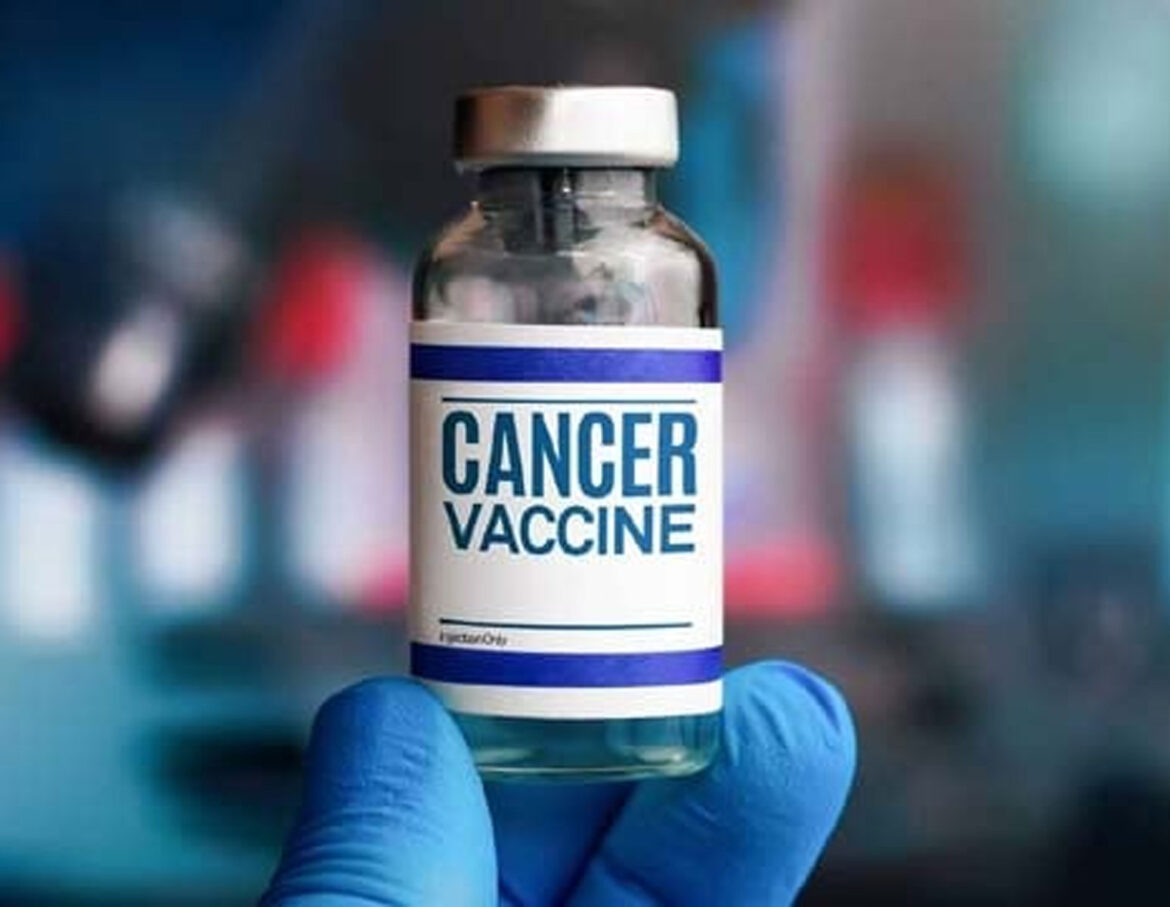Moscow, Russia – In a landmark development in the fight against cancer, Russia has unveiled a revolutionary mRNA-based cancer vaccine slated for free distribution in early 2025. The vaccine, designed to treat cancer rather than prevent it, represents a significant advancement in oncology and medical technology.
The breakthrough vaccine was developed by Russian scientists and leverages cutting-edge mRNA technology to specifically target cancer cells. Pre-clinical trials, according to Andrey Kaprin, General Director of the Radiology Medical Research Centre under the Russian Ministry of Health, have shown promising results, including the suppression of tumor growth and prevention of metastases.
“This vaccine could be a game-changer for cancer treatment, offering new hope to millions of patients worldwide,” Kaprin said.
AI Revolutionizing Vaccine Development
The innovative use of artificial intelligence (AI) played a critical role in the vaccine’s rapid development. Alexander Gintsburg, Director of the Gamaleya National Research Center for Epidemiology and Microbiology, explained that AI-powered algorithms, particularly artificial neural networks, dramatically accelerated the design of personalized cancer vaccines.
Traditionally, creating mRNA vaccines involves lengthy and complex calculations. However, AI-enabled systems have reduced this process to under an hour, marking a transformative shift in vaccine production timelines. The Ivannikov Institute’s contributions in neural network computing allowed for the efficient and precise development of the vaccine.
“This fusion of AI and medical science is paving the way for faster, more personalized cancer treatments,” Gintsburg stated.
A Commitment to Accessibility
The Russian government’s decision to provide the vaccine for free reflects a commitment to equitable healthcare. The initiative underscores President Vladimir Putin’s recent praise for Russian scientific advancements in immunotherapy and next-generation cancer treatments.
While the exact cancer types targeted by the vaccine remain undisclosed, experts speculate it may address some of the most challenging forms of the disease.
A Global Push Against Cancer
Russia’s announcement adds momentum to global efforts in cancer vaccine research. In the UK, a partnership between the government and BioNTech is focusing on developing personalized cancer therapies. Similarly, Moderna and Merck & Co. are working on an experimental cancer vaccine that has shown promise in reducing melanoma recurrence.
This new Russian vaccine highlights the growing potential of mRNA technology and AI in transforming cancer treatment. With free distribution planned, it also sets a precedent for prioritizing equitable healthcare solutions to address one of the most significant global health challenges of our time.



